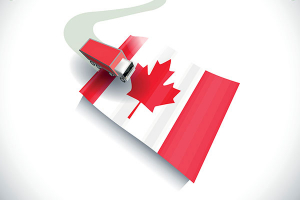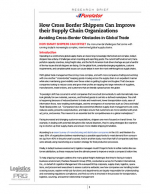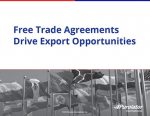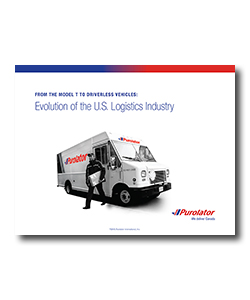Evolution of the U.S. Logistics Industry
As the logistics industry has become more capable of adding efficiency to manufacturers’ supply chains, and a more visible part of operations, the role of logistics employees has changed dramatically.
Although they couldn’t have known it, General George Washington and the Continental Army in many ways blazed the trail for what has become our modern logistics and supply chain practices. While history has well documented the hardships the troops endured, especially during the Valley Forge winter of 1777-78, a poor supply chain is generally blamed for the crippling lack of food, shoes, clothing, blankets, and armaments.
“Seldom in history has a general been handicapped by such constantly crippling conditions,” wrote biographer Ron Chernow about the Valley Forge shortages. “[General Washington] repeatedly had to exhort Congress and the 13 states to remedy desperate shortages of men, shoes, shirts, blankets, and gunpowder. This meant dealing with selfish, apathetic states and bureaucratic incompetence in Congress. He labored under a terrible strain that would have destroyed a lesser man.”
Researchers at the Council of Supply Chain Management Professionals (CSCMP) go back even further in history and give “pioneering logistician” status to none other than the great military commander Hannibal, who led his army across the Alps and into Italy. “If he were alive today,” the CSCMP website states, “he’d be a CSCMP member.”
What’s Related




Favorites





